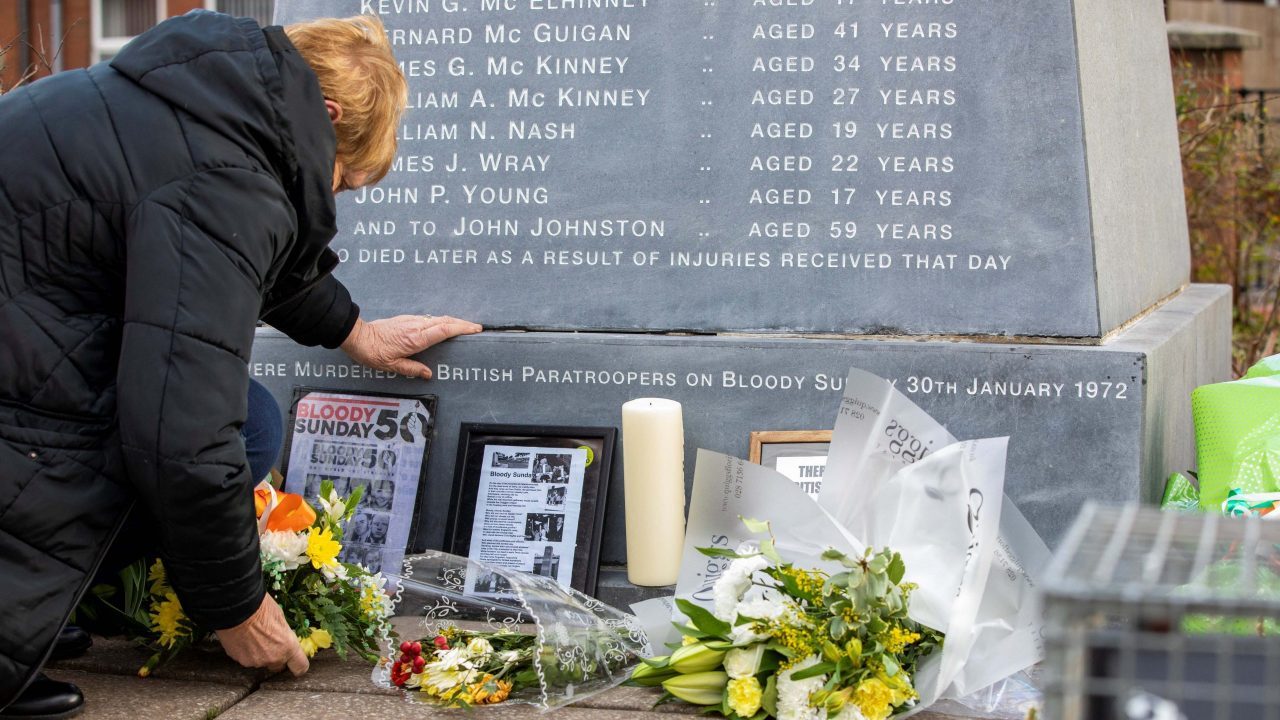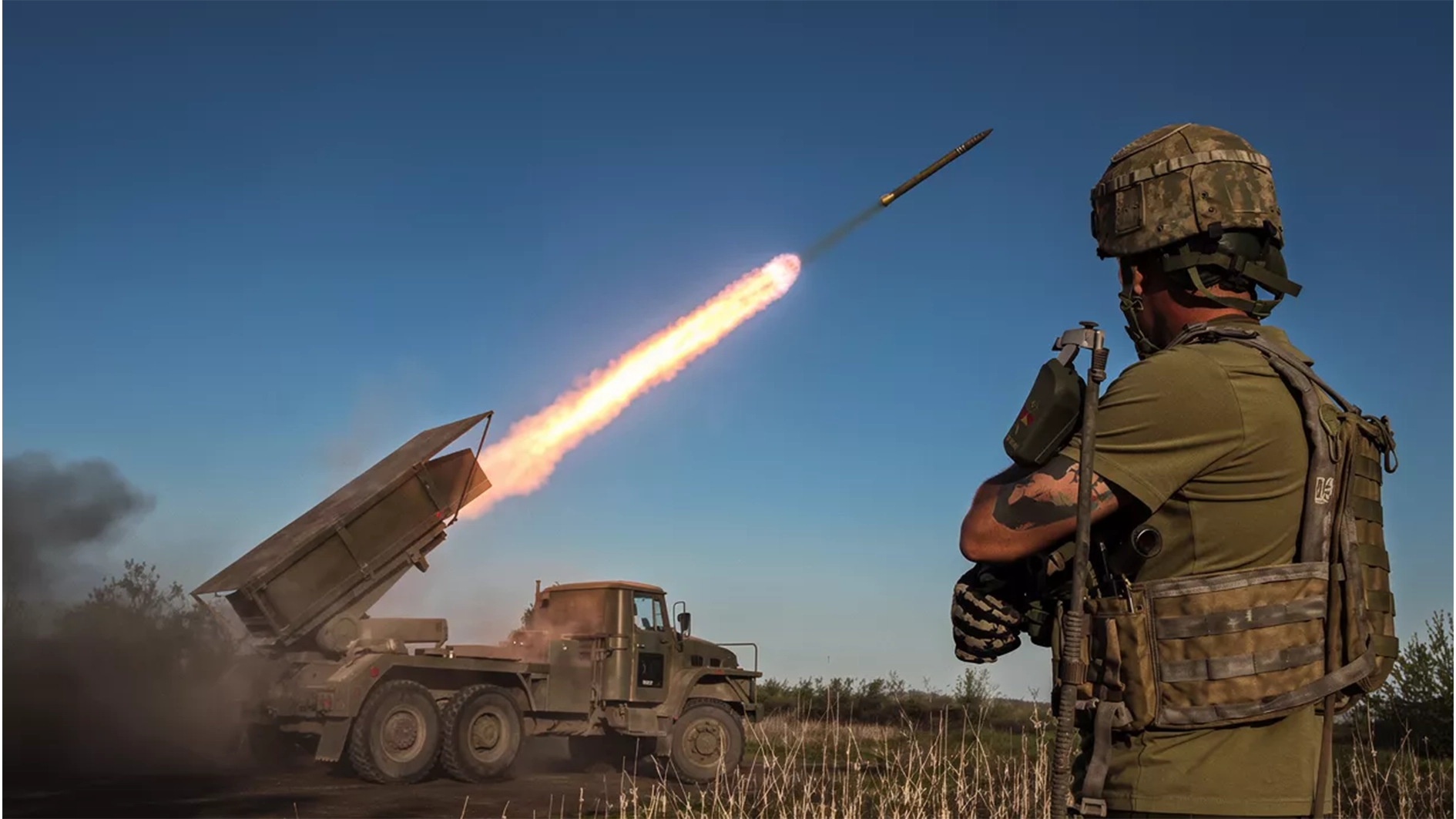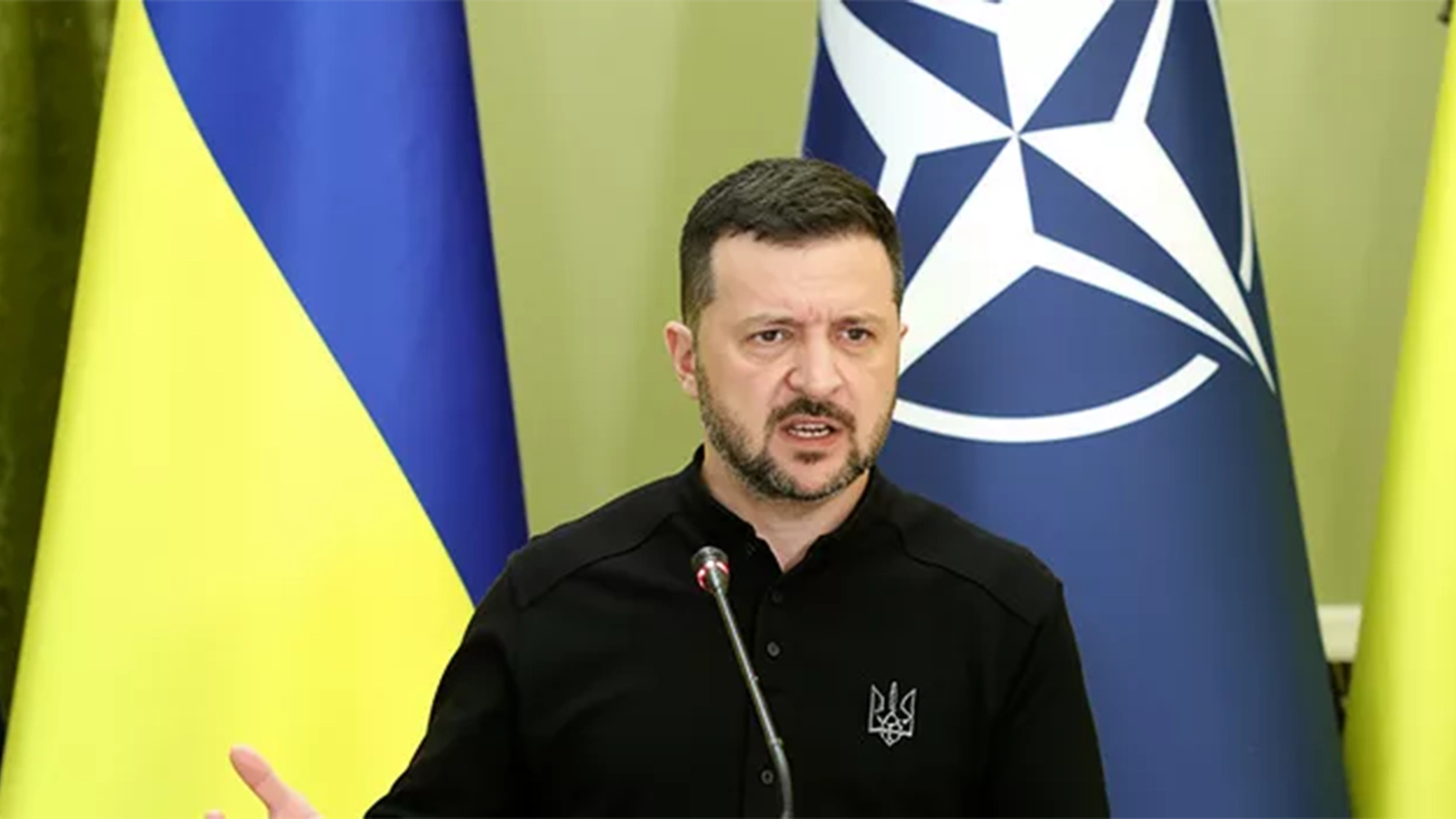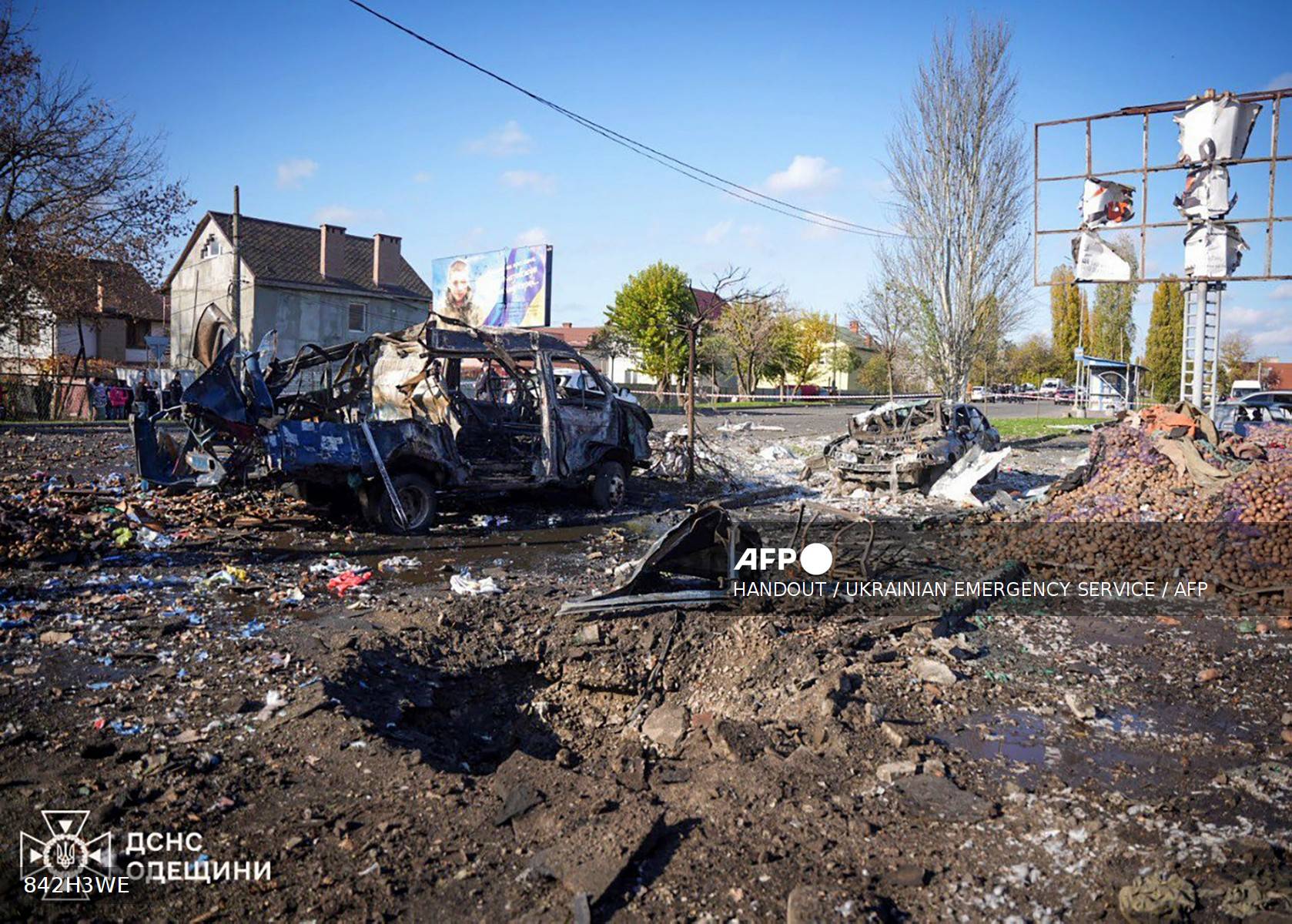
The Northern Irish city of Londonderry began commemorations Sunday of one of the darkest days in modern UK history when, 50 years ago, British troops without provocation killed 13 unarmed civil rights protesters.
The anniversary of “Bloody Sunday” comes with Northern Ireland’s fragile peace destabilised by Brexit, and with families of the victims despondent over whether the soldiers involved will ever face trial.
Charlie Nash saw his 19-year-old cousin William Nash killed as members of the British Parachute Regiment fired more than 100 high-velocity rounds on January 30, 1972, at the demonstrators in Londonderry, known as Derry to pro-Irish nationalists.
“We thought there might be rioting, but nothing, nothing like what happened. We thought at first they were rubber bullets,” Nash, now 73, told AFP.
“But then we saw Hugh Gilmour (one of six 17-year-old victims) lying dead. We couldn’t take it in. Everyone was running,” he said.
“It’s important for the rest of the world to see what they done to us that day. But will we ever see justice? Never, especially not from Boris Johnson.”
Amnesty?
The UK prime minister this week called Bloody Sunday a “tragic day in our history”.
But his government is pushing legislation that critics say amounts to an amnesty for all killings during Northern Ireland’s three decades of sectarian unrest, including by security forces.
Thirteen protesters died on Bloody Sunday, when the paratroopers opened fire through narrow streets and across open wasteland.
Some of the victims were shot in the back, or while on the ground, or while waving white handkerchiefs.
At the entrance to the city’s Catholic Bogside area stands a wall that normally proclaims in large writing: “You are now entering Free Derry.”
This weekend the mural says: “There is no British justice.”
Several hundred people, including relatives of the victims, on Sunday retraced the fateful 1972 march, walking in sombre silence under a leaden grey sky ahead of a late morning memorial service.
Children bearing white roses and portraits of the victims joined the poignant procession.
“I’m here to honour the people who were murdered by the British state who were trying to achieve their civil rights,” said Michael Roach, 67, a Texan with Irish roots.
“There will be no justice until the paratroopers are held to justice for murder.”
‘Unjustifiable’
After an initial government report largely exonerated the paratroopers and authorities, a landmark 12-year inquiry running to 5,000 pages found in 2010 that the victims were unarmed and posed no threat, and that the soldiers’ commander on the ground violated his orders.
“We in the inquiry came to the conclusion that the shootings were unjustified and unjustifiable,” its chairman Mark Saville, a former judge and member of the UK House of Lords, told BBC radio on Saturday.
“And I do understand, people feel that in those circumstances justice has yet to be done,” he said, while expressing concern that with the surviving soldiers now elderly, the government should have launched any prosecution “a very long time ago”.
Then as now, Londonderry was a largely Catholic city. But housing, jobs and education were segregated in favour of the pro-British Protestant minority.
Simmering tensions over the inequality made it the cradle of the “Troubles” in Northern Ireland starting in the late 1960s, which finally ended with the 1998 Good Friday Agreement.
‘Reckless’
The UK’s divorce from the European Union has unsettled the fragile post-1998 consensus.
Protestant unionists want Johnson’s government to scrap a protocol governing post-Brexit trade for Northern Ireland, which treats the province differently from the UK mainland (comprising England, Scotland and Wales).
The government, which is in protracted talks with the EU on the issue, is sympathetic to their demands.
Heading into regional elections in May, some nationalists hope that Brexit could help achieve what the Irish Republican Army (IRA) never did — a united Ireland, a century after the UK carved out a Protestant statelet in the north.
Sinn Fein, which was once the political wing of the IRA, is running ahead of the once dominant unionists in opinion polls.
“Northern Ireland finds itself again in the eye of a political storm where we appear to be collateral damage for a prime minister whose future is hanging in the balance,” said professor Deirdre Heenan, a Londonderry resident who teaches social policy at Ulster University.
“The government’s behaviour around the peace process has been reckless in the extreme,” she added.
Protestant hardliners have issued their own reminders of where they stand: leading up to the anniversary, Parachute Regiment flags have been flying in one unionist stronghold of Londonderry, to the revulsion of nationalists.
“How can they do that, this weekend of all weekends?” asked George Ryan, 61, a tour guide and local historian.






